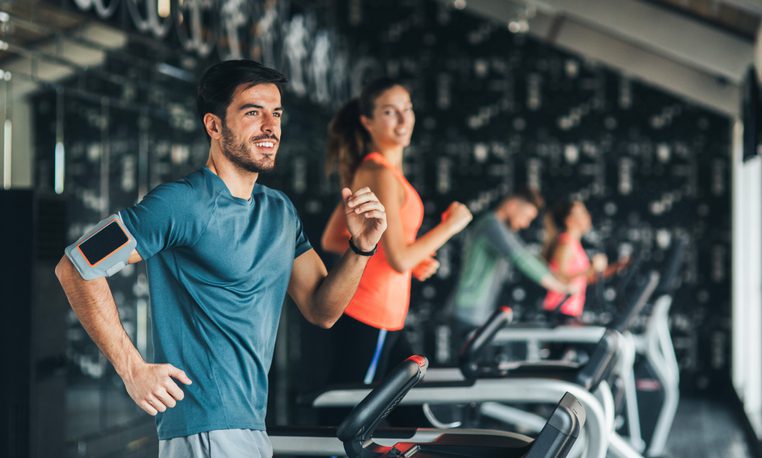Is cannabis a useful tool for athletes?
A new study suggests that while cannabis won't improve your performance, it may be a useful tool in helping people get more active

Researchers shed light on the impact of legal, commercially available cannabis on the exercise experience in a groundbreaking study published in the journal Sports Medicine. Conducted on 42 runners, the study revealed intriguing findings about the relationship between cannabis use and physical activity, challenging long-held stereotypes, Boulder Today reported.
Over the past decade, there has been a growing trend of individuals incorporating cannabis into their workout routines, especially since cannabis became legal in some states and across Canada. Colorado was the first state to legalize recreational marijuana. The study, led by Laurel Gibson, a research fellow at the University of Colorado’s Centre for Health and Addiction, and Angela Bryan, a psychology and neuroscience professor, aimed to understand how cannabis influences exercise.
Notably, numerous elite athletes—including U.S. sprinter Sha’Carri Richardson—have been prohibited from competing in recent years after testing positive for cannabis, and an NCAA committee recently recommended that cannabis be removed from its list of banned substances.
The study
After a baseline session testing session where researchers took fitness measurements and survey data, they assigned participants to go to a dispensary and pick up either a designated flower strain that contained mostly cannabidiol (CBD) or a tetrahydrocannabinol (THC)-dominant strain, both active ingredients in cannabis, with THC known to be more intoxicating.
On one follow-up visit, volunteers ran on a treadmill at a moderate pace for 30 minutes and answered periodic questions to assess how motivated they felt, how much they were enjoying themselves, how hard the workout felt, how quickly time seemed to pass and their pain levels.
On another visit, they repeated this test after using cannabis.

Highs and lows
Contrary to stereotypes associating cannabis with sedentary behavior, the study indicated that cannabis before exercise could enhance positive mood and enjoyment. The 42 participants, who were already cannabis users, reported increased euphoria, commonly known as “runner’s high,” when exercising after cannabis consumption. The study had some surprising results, with volunteers showing greater enjoyment in the CBD group than the THC group.
However, the study also highlighted potential downsides for those seeking peak performance. Participants using THC reported that the same level of running intensity felt significantly harder during the cannabis-enhanced session, potentially due to an increase in heart rate associated with THC. The findings challenge the notion of cannabis as a performance-enhancing drug, reinforcing that it would not be suitable for individuals aiming for personal records in competitive events.
In a previous, remotely conducted study, Bryan and Gibson found that while runners felt more enjoyment under the influence of cannabis, they also ran 31 seconds per mile slower. “It is pretty clear from our research that cannabis is not a performance-enhancing drug,” said Bryan.
Making physical activity more fun
The study raises intriguing questions about the plant’s role in promoting physical activity. While cannabis might not be a performance enhancer for elite athletes, its ability to enhance mood and enjoyment could be beneficial for those struggling with a sedentary lifestyle.
The study’s authors emphasize the need for a balanced perspective, acknowledging both potential benefits and risks associated with cannabis use. As the research community explores this intersection further, the hope is to identify ways in which cannabis could be a tool to encourage physical activity, particularly for individuals who find exercise challenging.
While cannabis may not be a one-size-fits-all solution, the study suggests that it could be a valuable tool for certain individuals, such as ultrarunners tackling lengthy training runs. As the exploration continues, researchers aim to understand how cannabis might impact those who face barriers to exercise, providing insights into potential applications for public health and well-being.
“We have an epidemic of sedentary lifestyle in this country, and we need new tools to try to get people to move their bodies in ways that are enjoyable,” said Bryan.“If cannabis is one of those tools, we need to explore it, keeping in mind both the harms and the benefits.”
